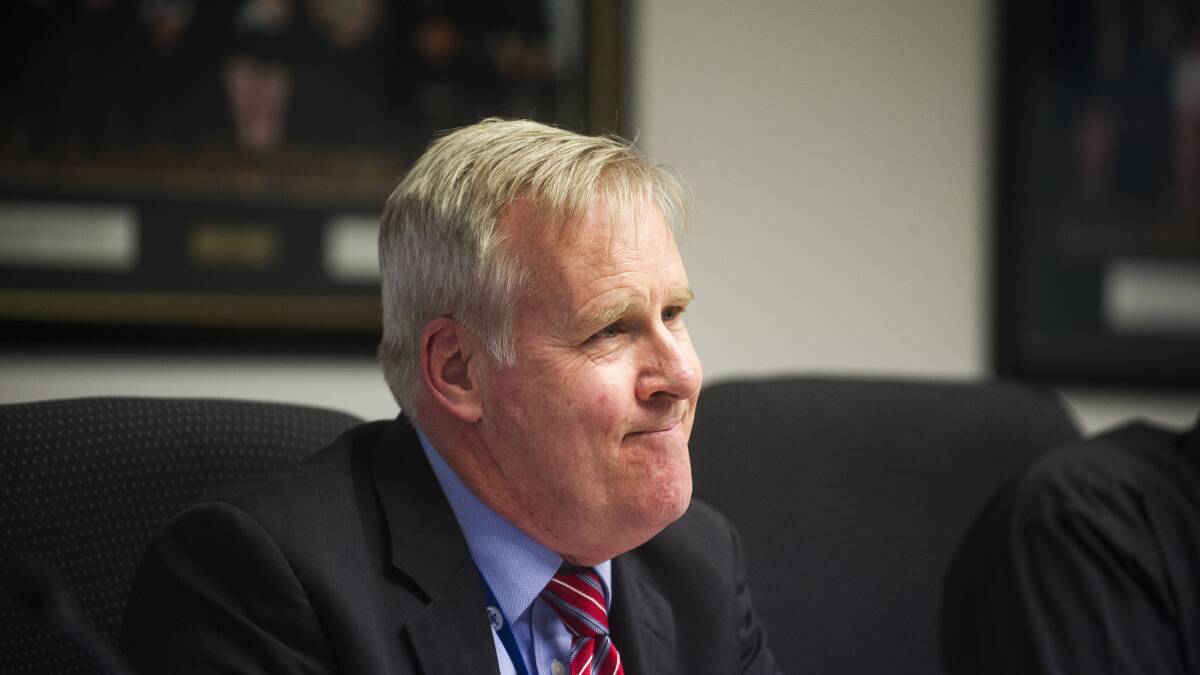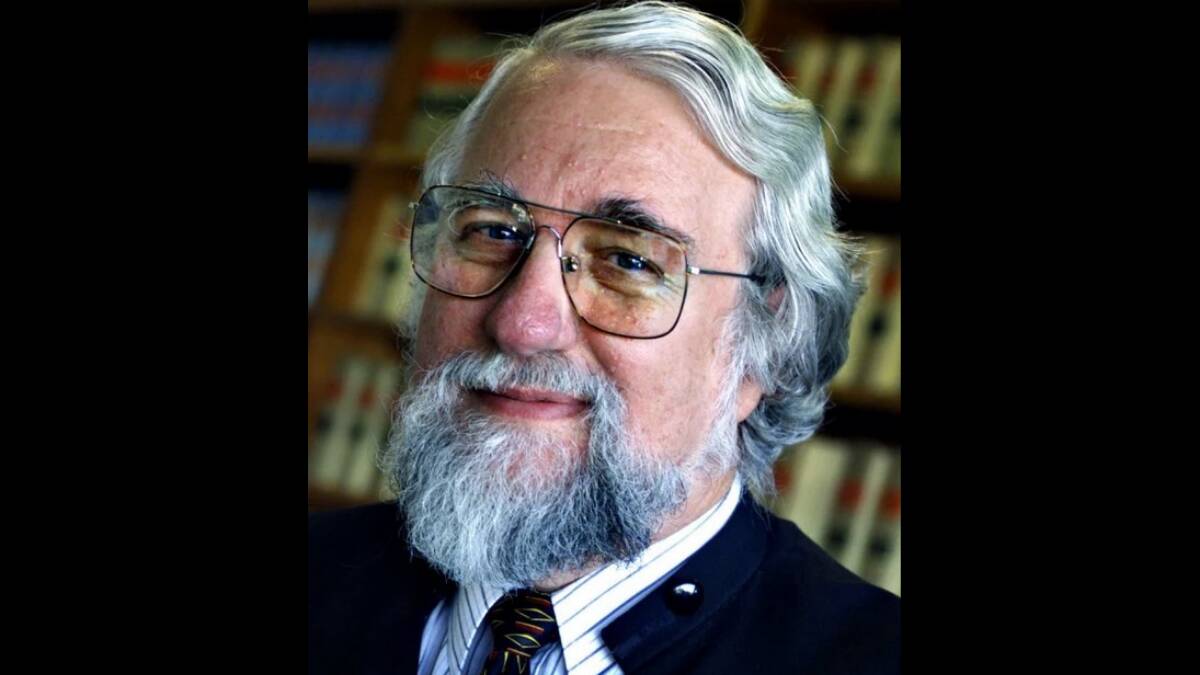
ACT government watchdogs have expressed concern their independence could be eroded in proposed laws to prevent outsourcing in the territory's public service.
The Legislative Assembly is considering laws that would require the ACT public sector to source jobs, where possible, from within its ranks. The proposed amendments to the Financial Management Act would require an evaluation to be completed before jobs in the public service would be outsourced.
But public sector entities are concerned over powers given to the Chief Minister in relation to a framework for insourcing. Agencies have also argued insourcing certain roles would be detrimental to elements of their work.
The bill is part of a commitment in the Labor-Greens power-sharing agreement to "legislate to prevent the outsourcing or privatisation of public sector jobs".
Under the proposed amendment bill, Chief Minister Andrew Barr would have the power to make directions in relation to the insourcing framework by way of a notifiable instrument. A notifiable instrument does not have to be presented to the ACT Legislative Assembly.
This part of the bill has drawn the ire of the ACT government's independent agencies including the Integrity Commission, the Office of the Legislative Assembly and the Audit Office. All have outlined their concerns in submissions to an inquiry into the bill.
However, the ACT government has defended the bill, arguing appropriate safeguards could be put in place to help with this.
The territory's anti-corruption watchdog said the legislation could impede on the commission's independence, as it may mean they would be required to use the services of a directorate being investigated for corruption.
ACT Integrity Commissioner Michael Adams QC said in his submission carve-outs needed to be included in the bill to ensure the commission could carry out its functions "unhindered by government".
"The issue here is that the commission may require services in connexion [sic] with the exercise of its powers or operations which, given the nature of its functions, ought not, for independence and confidentiality reasons, be undertaken by a public sector entity," Mr Adams said.
"In addition, there might be occasions when the imposition of such a requirement might cause a direct conflict with a statutory function of the commission (such as the investigation of alleged corrupt conduct involving the public entity providing a service to the commission)."

ACT Legislative Assembly clerk Tom Duncan said the powers of the Chief Minister over the insourcing framework were "inconsistent with long-standing institutional norms and the separation of powers doctrine".
"I take no issue with the policy grounds that may be advanced by the government in establishing an insourcing framework for the regular public service. However, for good reason, the Office of the Legislative Assembly is not part of the regular public service," Mr Duncan said.
"It is an independent statutory agency that has been established with the sole purpose of supporting and advising the legislative branch of the government in the Territory.
"It is not - and should not be - responsible or accountable to the government of the day, nor to any minister, for the performance of its statutory functions."
Mr Duncan said in his submission that he was concerned the Office of the Legislative Assembly was not consulted in the drafting of the bill.
"It strikes me as highly unsatisfactory that a bill of this kind, which has potentially far-reaching implications for the institutional integrity of the office, was not communication to the Office for comment or discussion prior to its presentation in the Assembly," he said.
MORE A.C.T. POLITICS NEWS:
- Steel marks start to Monaro Highway upgrade for more rural road funding
- Electric vehicles could double or triple each year on ACT roads: Barr
- ACT community sector forced to 'cut corners' over funding pressures
ACT Auditor-General Michael Harris said his office needed to be able to use experts and specialists where skills were not available in-house. He said these included subject matter experts, external quality reviews and qualified auditors.
"Insourcing services such as those above would compromise the independence of the ACT Audit Office and present conflicts of interest," Mr Harris said in the submission.
"Further, the ACT Audit Office has a transparent framework for when we need to outsource work, particularly audit work, where we retain the responsibility for the audit reports."
The ACT Electoral Commission also holds "significant reservations" over the bill.
"If the bill progresses in its current form, the Commission strongly recommends that the Chief Minister, Treasury and Economic Development Directorate liaise closely with us to ensure the insourcing framework avoids any impact on the independence of the Commission's electoral operations," the commission's submission said.
Acting Commonwealth Ombudsman Penny McKay asked if the office could be exempt due to a conflict with Commonwealth procurement rules. The Commonwealth Ombudsman also performs the role of Ombudsman for the ACT.
But ACT Industrial Relations Minister Mick Gentleman, who represented the government in his submission, argued the bill does not affect the independence of the territory government agencies.
He said the bill merely paved the way for the establishment of the insourcing framework. Mr Gentleman said this framework could be developed to ensure safeguards for the independent agencies.
"This governments commitment to insourcing demonstrates the value i places on the territory's public service and secure employment," he said.
"The insourcing framework is being developed to have a sophisticated approach to analysing proposed government outsourcing of services and work.
"If the Officers of the Assembly have concerns as to how that insourcing framework will operate, I welcome their views and their concerns."
Mr Gentleman said the changes were to those made by the federal government in 2013.
"In this regard, I would think the changes contemplated through our bill and the subsequent regulatory instrument that will create the framework are similar to the powers the Commonwealth parliament has given their minister," Mr Gentleman said.







